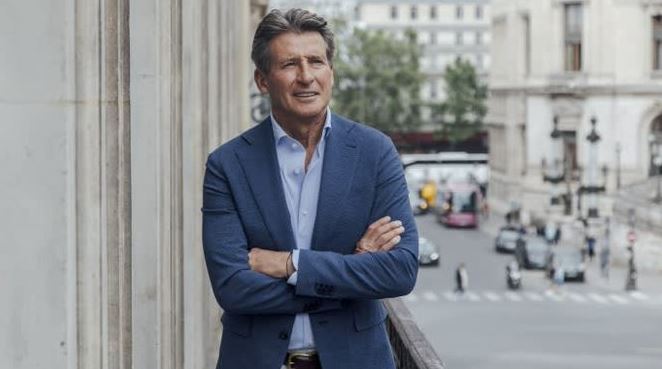Sebastian Coe joins seven-person list in race to be next Olympics chief. Coe is poised to encounter significant competition in his bid to become the next International Olympic Committee (IOC) President. Among his challengers are Kirsty Coventry, who is seeking to make history as the first woman and African to lead the IOC, and David Lappartient, the current head of the International Cycling Union.
Coe, a celebrated former Olympic 1500 meters champion, also faces hurdles due to recent regulations imposed by the IOC Ethics Commission. As he approaches his 68th birthday on September 29, the possibility of raising the retirement age for IOC members and presidents to 74 remains, but Coe would still surpass this age by the end of a potential eight-year term.
The election is scheduled to take place during the IOC Session in Athens, from March 18-21, 2025. This session will mark the conclusion of Thomas Bach’s 12-year tenure as IOC President. Bach, who is stepping down, announced his decision not to seek another term following the Paris Games.
In addition to Coe, the election field includes Prince Faisal al-Hussein of Jordan and Morinari Watanabe, both from Asia—a continent that has yet to produce an IOC president. The list is rounded out by Juan Antonio Samaranch Junior, whose father, also named Juan Antonio Samaranch, served as IOC president from 1980 to 2001, and Johan Eliasch, the president of the ski federation.
Candidates Coe, Eliasch, Lappartient, and Watanabe will be required to resign from their current federation positions and seek re-election as individual members during the Athens Session. They will first present their candidacies and platforms to IOC members in January 2025, in a meeting set to be held in Lausanne, Switzerland.
Following the election, there will be a transition period, with the new president and team taking over in June. Bach’s presidency, marked by significant challenges including the state-sponsored doping scandal in Russia and the invasion of Ukraine, has been viewed with mixed reactions. While Bach managed to navigate these issues, his tenure was also characterized by the unprecedented postponement of the Tokyo 2020 Games due to the COVID-19 pandemic.
Michael Payne, the IOC’s former head of marketing, praised Bach’s leadership, noting that he leaves the IOC in a stronger position than when he assumed office. Payne emphasized the complex nature of the role, highlighting the difficulties of managing the IOC’s global responsibilities and the evolving landscape of sports.
As the IOC looks to the future, the next president will face an array of challenges, including increasing politicization of sports, rapid changes in the business and broadcast environment, and the impact of new technologies.
Key Points:
Sebastian Coe’s Bid: Sebastian Coe is competing for the position of IOC President amidst strong opposition from candidates including Kirsty Coventry and David Lappartient.
Age and Rules: Coe, who turns 68 on September 29, faces potential age-related challenges due to IOC rules. He would be older than the proposed maximum age limit of 74 by the end of an eight-year term.
Election Details: The election for the IOC President will occur during the IOC Session in Athens, from March 18-21, 2025.
Current President: Thomas Bach, the incumbent IOC President, is stepping down after 12 years. He announced his decision not to seek re-election after the Paris Games.
Other Candidates: The candidates also include Prince Faisal al-Hussein of Jordan, Morinari Watanabe, Juan Antonio Samaranch Junior, and Johan Eliasch.
Election Rules: Coe, Eliasch, Lappartient, and Watanabe must resign from their current positions and seek re-election as individual members at the Athens Session.
Presentation of Programs: Candidates will present their platforms to IOC members in January 2025 in Lausanne, Switzerland.
Transition Period: A transition period will follow the election, with the new president assuming office in June 2025.
Bach’s Legacy: Thomas Bach’s presidency has been marked by challenges including the Russia doping scandal and the postponement of the Tokyo 2020 Games due to COVID-19. Michael Payne praises Bach’s successful leadership but notes the complexities of the role for his successor.



